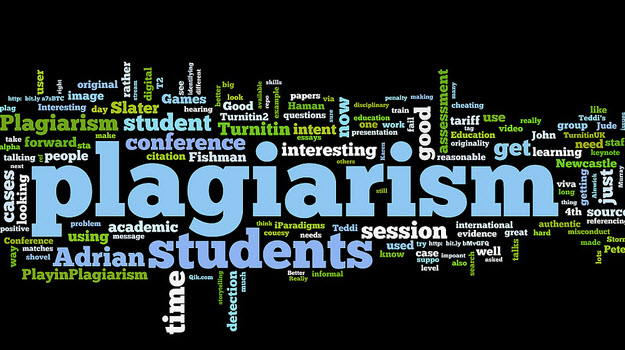As a blogger and content creator, one of the things I care about is the protection of my properties. Unauthorized use of others contents is a serious menace in blogging. That’s why I’m writing about how to avoid plagiarism today, providing a useful tool to help us check the activity.
Plagiarism is the intentional or unintentional writings or ideas of another without proper attribution use. In academia, acts of plagiarism can lead to poor grades, dismissal course or exclusion. In the professional and systematic communities, the original author can sue for money damages a plagiarist on fraud and copyright infringement statues.
There are also laws that protect copyrights of the original work of the authors. If individuals were captured using the original work and claim as your own, are guilty of plagiarism. Plagiarism may include prosecution under the laws of copyright, which often include an attempt by a monetary award based on damages.
Consequences of Copywriting plagiarism:
Copywriting plagiarism is duplicating, encroachment, theft, crime of another person work and pass them off as one’s own particular and its results; the courts allocate outcomes for copyright encroachment. These methods somebody may come after you with a legal advisor assuming that you damage his copyright. Your can be reported copyright encroachment to individuals who have the legitimate force to take you to court. Understudies have been sued for copyright encroachment in the recent past. In a few cases, the court may oblige you to pay the charges for both your legal advisor and the copyright manager’s attorney.
For example, if a computer or server used to distribute music copyrighted, videos or written material without permission, either through (P2P) networking from person to person or paper distribution “pirate ” both could be subject to seizure or confiscation potential as accessories to the crime.

Sometimes a legal letter sent to a person suspected of violating copyright laws. This card, also called a cease and desist notice, usually requires the activity infringing or violating stopped immediately. If the offense takes place online, additional notices may be sent to different networks or hosting providers that the rapist used to distribute copyrighted material.
As with other forms of theft, criminal penalties for the crime vary depending on the severity. When you walk into a store and stealing a pack of gum is a misdemeanor compared to stealing a car. Most cases of plagiarism are considered misdemeanors, punishable by fines of between $ 100 and $ 50,000 – and up to a year in prison. Stealing content can also be considered a crime under certain state and federal laws. For instance if a plagiarist copies and earns more than $ 2,500 from copyrighted material, he or she could face up to $ 250,000 in fines and up to ten years in prison.
NB: Here is how you can blog and earn clean money. Don’t copy others materials and be fined a huge sum. See details here!
Although the legal consequences of plagiarism are clearly established, the actual outcome of such cases of plagiarism in industries like publishing and research are not always so clear.
For example, many of the recent cases of plagiarism newspaper simply end with the offender ‘ resign ‘ from its position in the company.
As a blogger, what’s your opinion about unauthorized use of content? Let me hear your thought in the comment section below.
Prepared using the site contentplagiarismchecker.com.
Comments are closed.